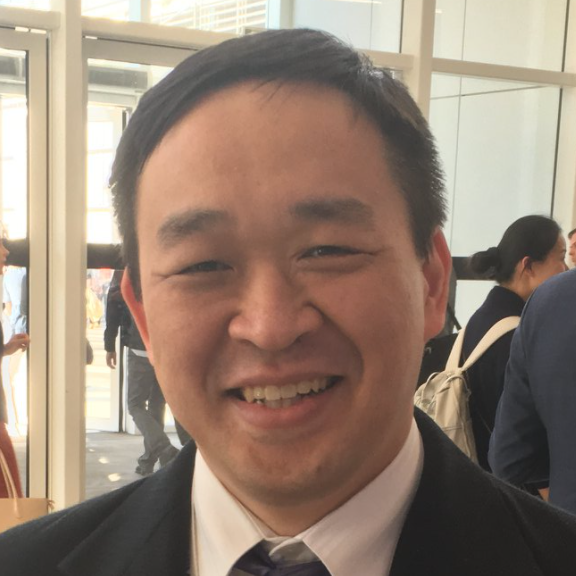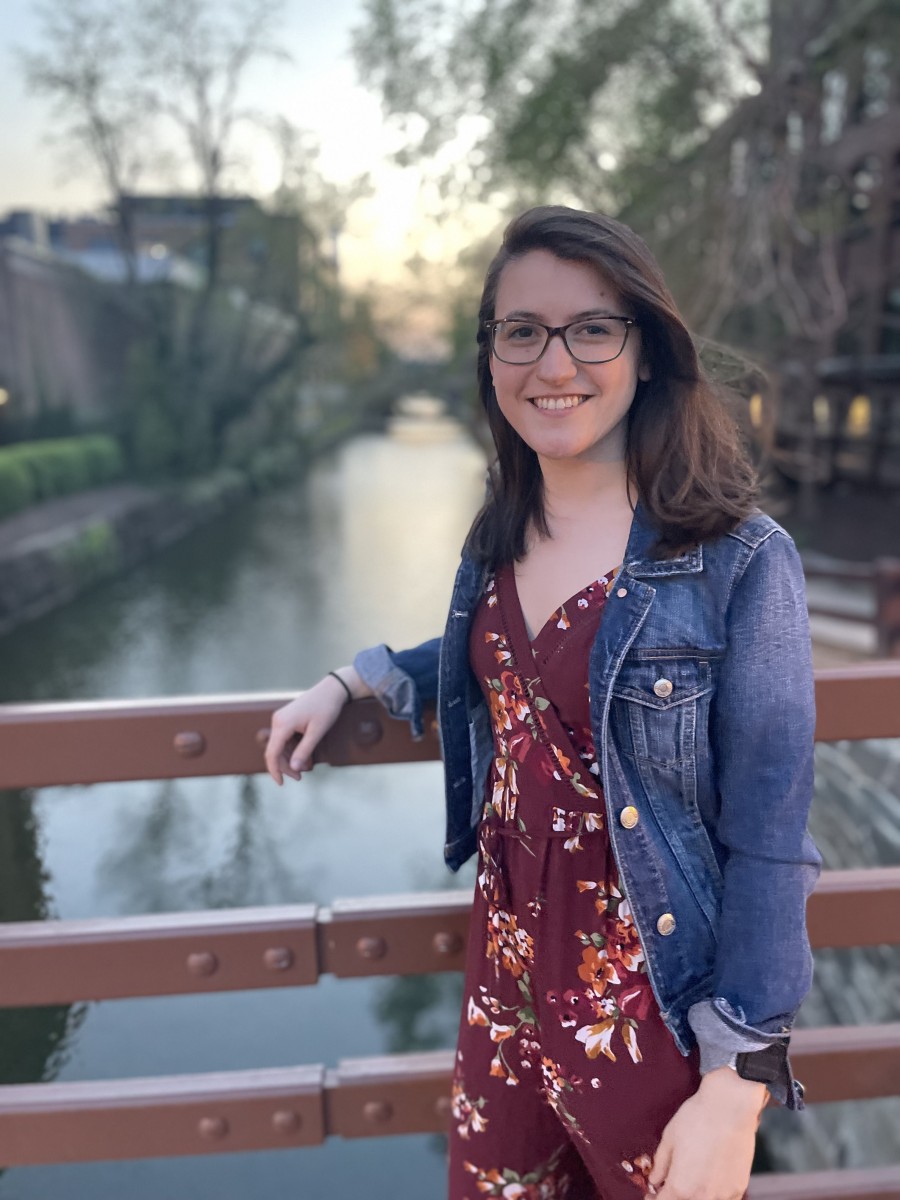Six BioE Grad Students Receive NIH F30 and F31 Predoctoral Fellowship Awards
Vince Lee, Sara Trbojevic, Kevin Steiger, Michelle Karabin, Brittany Egnot and Christopher Cover, graduate students in the University of Pittsburgh Department of Bioengineering, have received F30 and F31 Predoctoral Fellowships from the National Institutes of Health (NIH). The competitive fellowships allow graduate students in the health sciences to develop their research in aging and Alzheimer’s disease while earning their doctoral degrees.

Vince Lee
Quantitative Magnetic Resonance Properties of Cerebrospinal Fluid and Brain Health Outcomes in Pediatric Congenital Heart Disease
Summary: Children born with CHD are more likely to develop neurodevelopmental deficits than healthy peers, including cognitive deficits. One risk factor that could lead to these deficits is alterations in cerebrospinal fluid (CSF) volume and flow dynamics. Alterations to this healthy CSF circulation are linked to neurological diseases like autism spectrum disorder and dementia, and abnormal CSF findings are often observed in patients with CHD. Lee’s research will explore this link and determine whether these CSF characteristics, measured with MRI, will be able to predict neurodevelopmental outcomes in children with CHD.
Advisor: Ashok Panigrahy, professor of radiology and bioengineering

Sara Trbojevic
Multicellular Scaffold for Condyle Surface Regeneration
Summary: Trbojevic will use her F31 to research the temporomandibular joint, or TMJ, which is often overlooked in degenerative joint disorders like osteoarthritis. The TMJ is located in the jaw and is important for eating, talking facial expression, but it’s complex, since it’s made up of two joints that are mechanically interdependent, and its cartilage has a unique, thick, superficial fibrous layer. The project will focus on the development of an acellular therapy for the regeneration of the fibrocartilage and bone regions of the TMJ condyle surface.
Advisor: Alejandro Almarza, associate professor in oral biology in the School of Dental Medicine with a secondary appointment in the Department of Bioengineering

Kevin Steiger
Astrocyte-Neuron Network Activity During In Vivo Brain Stimulation
Summary: Intracortical microstimulation (ICMS) is a primary component of fundamental neuroscience research and holds great potential for sensory restoration or sensory feedback in neuroprostheses. Despite the wide use of electrical stimulation with neuroprostheses and interventions such as spinal cord stimulation and deep brain stimulation (DBS), the fundamental physiological and mechanistic properties defining therapeutic efficacy remain poorly understood. Astrocytes are emerging as important cells in the modulation of neuronal activity and synaptic function on a time scale consistent with ICMS-induced neural activity. However, it is unclear how astrocytes respond to clinically relevant stimulation parameters on a network level, and how that activation subsequently modulates neuronal activity. In this project Steiger will use a combination of two-photon microscopy, mesoscale imaging, and optogenetics or genetic manipulation (adeno-associated viral techniques) of astrocyte activity, to determine the dynamic relationship between astrocyte and neuronal calcium activity during ICMS, and understand how astrocytes respond to and may contribute to therapeutic efficacy of ICMS paradigms. Ultimately, the cumulative results of this project will provide valuable insight for fundamental neuroscience research and the design of stimulation paradigms to elicit astrocyte activity relevant to sensory restoration.
Advisor: T.K. Kozai, assistant professor of bioengineering

Michelle Karabin
Computational Modeling of Stability in Locomotion and the Effects of Vestibular Loss
Summary: Balance while walking is essential for mobility, yet individuals with vestibular loss experience instability in gait and increased fall risk. Through computational and experimental approaches, this project aims to understand how the body enacts different strategies to retain stability while walking, and how the execution of these strategies is affected by vestibular loss. The results from this research will identify strategies to be emphasized in rehabilitation for individuals with vestibular disorders to enhance stability while walking and decrease fall risk.
Advisor: Mark Redfern, interim department chair and professor of bioengineering

Brittany Egnot
Development of a Novel Bioinspired Pelvic Organ Prolapse Repair Graft
Summary: Structural and mechanical deficiencies of the vaginal wall and supporting tissues are defining characteristics of pelvic organ prolapse, a common gynecologic condition. The aim of this study is to develop a mechanical and structural profile of vaginal tissue and use these parameters to inform design of a novel synthetic biomimetic graft for prolapse repair. Egnot and their advisors will perform experiments to phenotype the mechanical and structural properties of vaginal extracellular matrix, synthesize an elastomer-hydrogel graft that resembles healthy vaginal tissue, and examine cell attachment and differentiation on these grafts.
Advisors: Pamela Moalli, MD, PhD, professor in the Department of Obstetrics, Gynecology & Reproductive Sciences, and Steven Abramowitch, W.K Whiteford Professor of Bioengineering
Christopher Cover
Neurophysiological Basis for Functional Connectivity Changes in Early Alzheimer’s Disease
Summary: The project will look at the impact of acute amyloid-β exposure and accumulation on neuronal, glutamate and network activity in the normal cortex, potentially determining the physical reason behind the changes observed in early AD patients. This work could introduce new treatment strategies for patients at risk of developing AD. Early diagnosis and treatment is critical to delaying the onset of clinical symptoms like cognitive impairments and memory deficits, so the earlier doctors are able to recognize and treat the risk of AD, the better the outcome.
Advisors: Alberto Vazquez, associate professor of radiology and bioengineering, and Howard Aizenstein, professor of bioengineering and clinical and translational science
